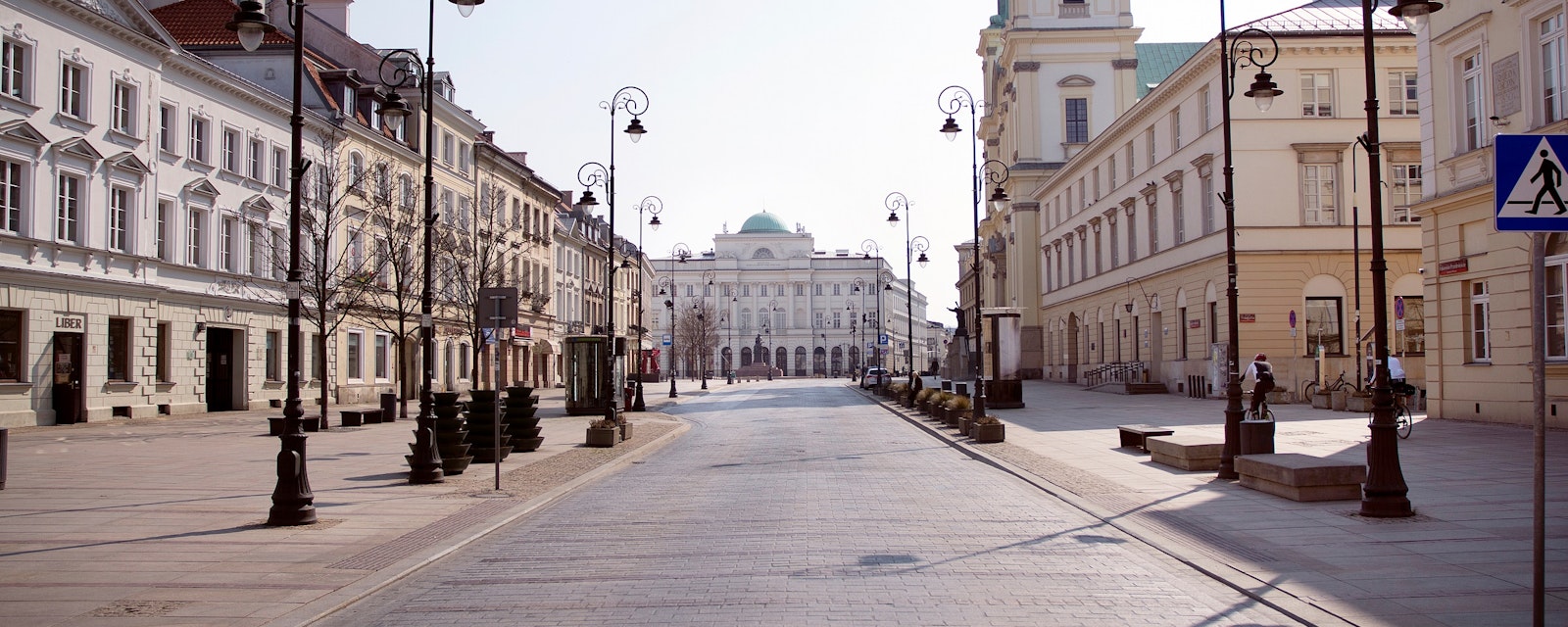The 10 May presidential election has not been canceled, but no voting will take place on the scheduled date. This should lead to a presidential poll entirely held by postal ballot in the coming few months, although the process and timeline are unclear. The ruling Law and Justice (PiS) party may use its extensive political power as well as influence over the judiciary and the state media to increase its candidate’s chances of winning.
On Wednesday, 6 May, the leaders of the PiS and its junior coalition party Agreement reached a deal on the organization of the presidential elections. According to their plan, no voting will take place on 10 May, anticipating that the country’s Supreme Court will then annul the poll. This should pave the way for the speaker of the lower house of parliament (Sejm) Elzbieta Witek (PiS) to announce a new date for an election fully held by postal ballot. The first step of the plan was implemented yesterday, 7 May, when the entire United Right coalition in Sejm unanimously rejected the upper house’s (Senate) veto on a bill introducing the possibility of organizing an election fully by postal vote.
Unless there are unexpected changes, the presidential elections should still (formally) take place on 10 May. Afterward, the Supreme Court – whose new acting head was nominated by President Andrzej Duda in late April – would have 30 days to decide on the validity of the poll. However, the ruling camp expects swift procedures on the matter. This would lead to the announcement of the new election date, expected sometime before the end of Duda’s term on 6 August. However, multiple questions remain about the procedures and the timeline, as such a situation would be unprecedented from a legal and constitutional perspective. It is also unclear whether the same candidates would run in the poll or new ones would be allowed to join/replace them.
From a political standpoint, the postponement of the poll holds benefits both for the ruling camp and the opposition. As previously noted, going ahead with the elections in May amid the continuing Covid-19 pandemic, low public support for such poll, and multiple concerns about the legitimacy of the vote could have backfired for the PiS. Now the ruling party managed to avert a potential split in the United Right coalition, although cracks could remain. The current deal may also allow for a new election to take place relatively soon, with the PiS hoping that the ongoing extensive public support for Duda will not dissipate in the next few months.
Meanwhile, the opposition could brand this as a victory, too, as it forced the PiS to backtrack after a protracted stand-off. The opposition candidates will likely have higher chances to run their campaigns as the Covid-19 restrictions are gradually lifted. Finally, the main opposition party Civic Coalition could also benefit from a potential opportunity to replace its candidate, as Malgorzata Kidawa-Blonska is struggling to attract voter support.
The most important question is whether the postponed poll will meet the standards of a free and fair election. In the past, the PiS has not shied away from breaking the country’s constitution and laws to increase its control over the judiciary. With the legal and organizational uncertainty surrounding the upcoming vote, there is a risk that the ruling party will use its extensive political power and influence over the judiciary and state media to increase its candidate’s chances of winning. Duda’s re-election is crucial for the PiS to maintain control over the legislative process and remain in power until the end of its term in 2023.




